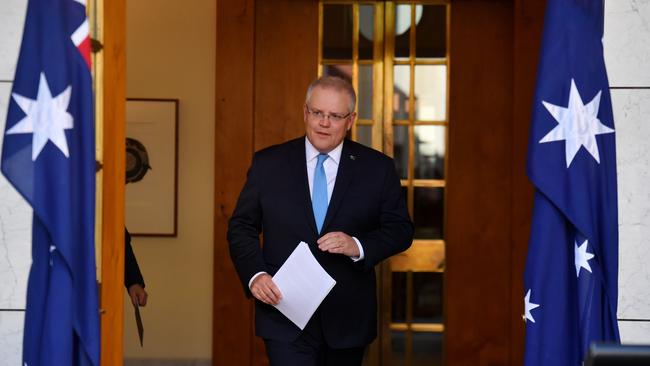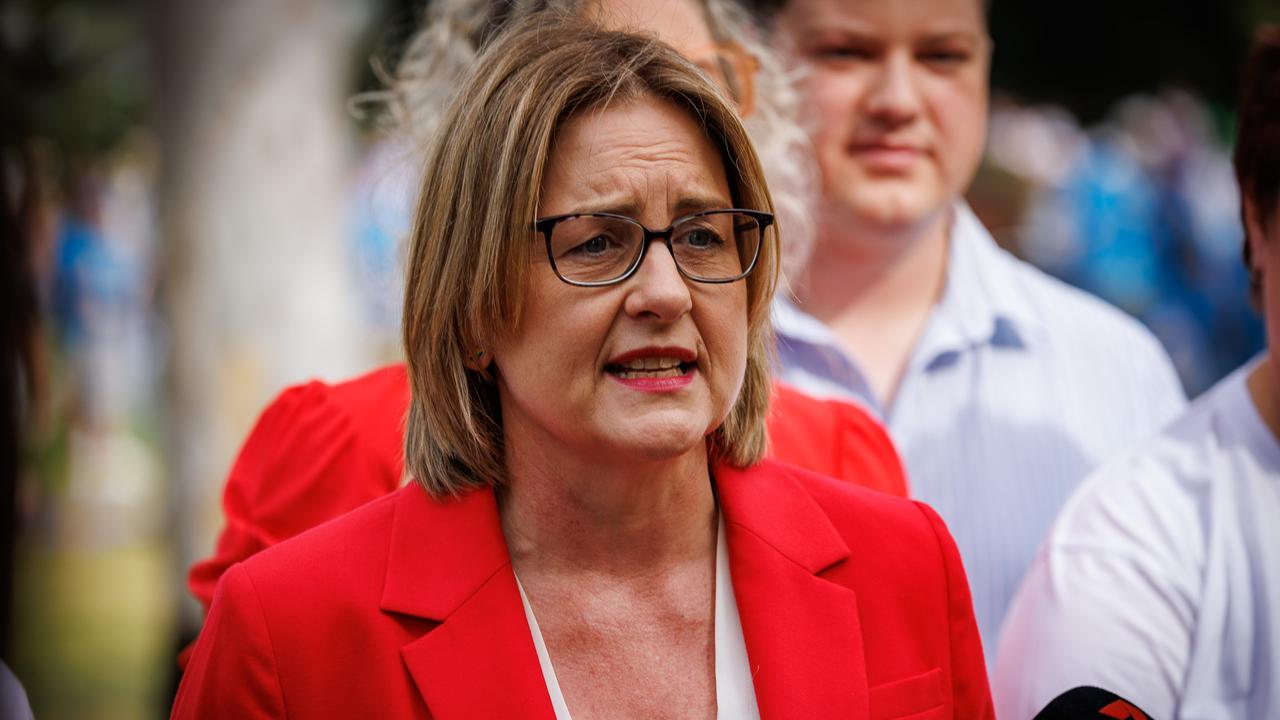Lucky we trust government: it’s in our lives to stay

Uncertainty and change have been guaranteed by the COVID-19 pandemic. Questions about the state of the economy, global recession or depression and the future of globalisation are all being grappled with.
One issue that deserves a lot of attention, especially for businesses and important sectors such as universities, is that of the role, expectations and reach of government.
Our ongoing coronavirus tracker of public sentiment shows that government is back in town.
People are listening to government again as trust is up. People are looking to government to lead.
Our latest tracker over May 7 to 9 shows that a net 75 per cent of Australians say government is handling the pandemic well. That means 75 per cent more people think the government is doing well rather than poorly.
Similarly, a net 72 per cent of Australians say the government is communicating well and a net 68 per cent say the government is handling the supply of personal protective equipment well. They are big numbers when you think that a total vote of 55 per cent is considered a landslide victory.
We know that at times of crisis and uncertainty people want clarity and decisiveness. They want to hear from their government, and they just want the facts so they can be the judge. And they are letting government step in and participate across the economy more broadly and deeply than before. This will not return to the pre-pandemic position for a very long time — if ever.
Government will be bigger and bolder. We have seen it step into areas we would not have thought possible. I see five consequences of extended reach by government that will have major effects on many businesses and key sectors.
First, public expectations on government have changed, now and for the future. The idea that something is not an area for government intervention will dramatically reduce as any area could be up for grabs.
Second, the sheer size of the state will be expanded as government spending has become girth busting.
Third, funding the enormous spending and the resulting government debt will mean a push for new revenue sources. We can expect a return of the old chestnuts: “tax the rich”, “make big business pay” and “hit the multinational technology companies that move their profits around to avoid tax”.
Fourth, the role and intervention by government has expanded. A threshold has been crossed. Crossed once, it can be crossed again.
Then, finally, there are the unintended consequences of COVID-19 responses. For example, how can energy resellers on tight margins survive if government crushes their cashflows by stopping bad debtors from having their supply ended?
If the past decade was the ESG (environment, social and governance) decade for public and corporate affairs, the impact of COVID-19 and governments’ responses mean that much of ESG will take a back seat to the basic issues of business and sector survival — taxes, costs, regulation, productivity and competitiveness.
Businesses need to gear up. There is a new battle taking place. If they don’t act they will pay a very real price and in the long run. So will the economy and the country.
Two new dimensions are emerging from the pandemic too: economic nationalism and economic sovereignty.
Economic nationalism will rise. It is more populist in nature but not exclusively so.
It manifests in foreign ownership and investment. “Who owns our country?” and “how much do they own?” We are seeing governments act here already. In Australia, foreign investment above a certain threshold has required approval. In response to the pandemic and manoeuvres by certain countries and foreign companies to buy up assets while prices are low, the government has reduced the threshold to zero. This means government approval must be sought for all foreign investment.
Then there is the issue of economic sovereignty. What strategically should we control, produce or supply here? Today we face a pandemic, but what about cyber-terrorism hitting every financial centre and other future threats? This pandemic has disclosed a risk of globalisation in disrupting critical supplies.
The Australian government knows that Australia’s economic future relies on trade and export opportunities but will seek to introduce policies designed to secure economic sovereignty to avoid the risk of future disruptions.
We are seeing it in energy already. The government has spent $94m on strategic energy reserves — using the low price of oil to build up oil stocks in an emergency reserve so the country is not exposed to supply risk from abroad.
And think of all the other areas where pursuit of economic sovereignty could impact. Medical supplies, the defence industry and component supply, food, pharmaceuticals — all could be targets with consequences for business.
Think, too, about the impact of globalisation’s offer of just-in-time logistics, predicated on the assumption that products can come from anywhere in the world just in time so we can be hyper-efficient and not have to tie up too much money in holding stocks.
Economic sovereignty leads government to ask: how much do we rely on one or two countries as sources of supplies? And, with the boot on the other foot, how much do we rely on any one country to be the market for our products and resources?
All of these issues and challenges mean the role of government will be pervasive and impactful for business. Business better be ready to makes its case or it will pay an even higher price than it has during this pandemic.
Sir Lynton Crosby is the chief executive of CT Group, a global research and campaigns consultancy


